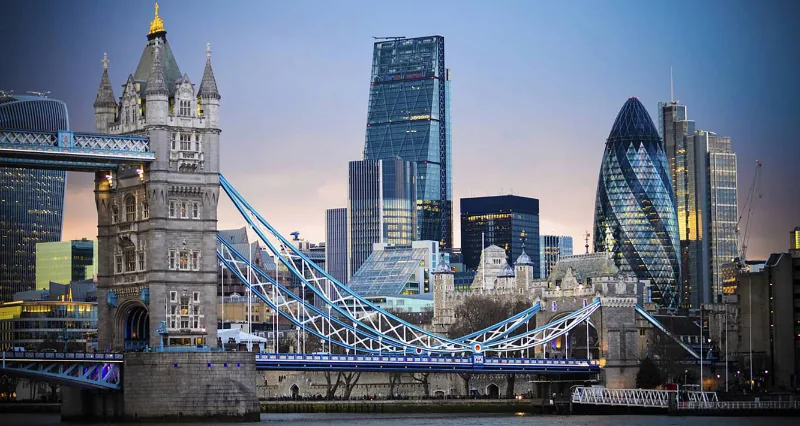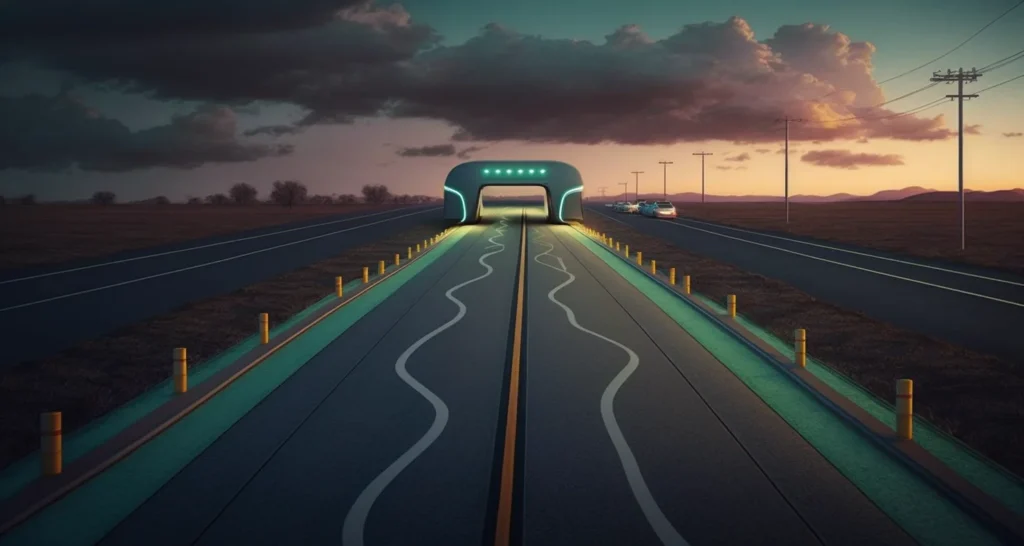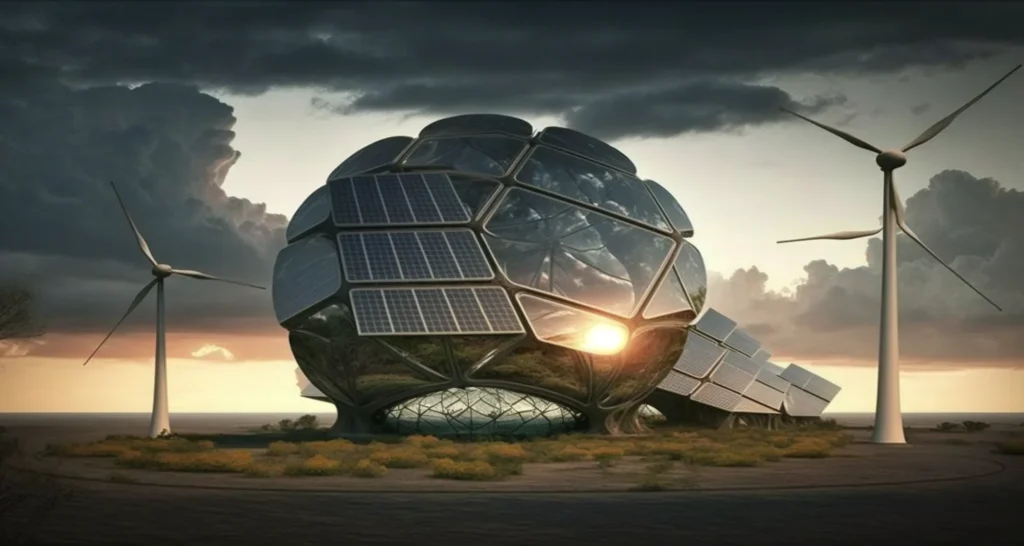The ‘green’ generation is growing, although children are still skeptical that they can make a difference.
When students took to the streets to protect the environment last year as part of Fridays for Future, some may have wondered where they came from. But children are quite environmentally minded. This is confirmed by the summary report on the Methodological Guideline for Environmental Literacy in Schools from this year.
According to the report, pupils in the second cycle of primary school know environmental issues well. “They have a very strong perception of environmental problems and, more recently, of climate change. With very few exceptions, they do not doubt that tackling climate change is extremely important and that the climate is also changing due to human activity.
At the same time, children are a bit skeptical that they could influence anything on their own. “They have no problem turning off lights or sorting waste, although their involvement in larger events is still a bit weaker, despite the recent Fridays for Future initiative,” said the expert from the Department of Environmental Studies.
Environmentalism has risen from the ashes in recent years. Children are known for their high perception of ecology. “If you look at the situation ten years ago, it is significantly better today. We have specialists in environmental education at the ministries who are in intensive contact with teachers, and we also train them.
The Ministry of the Environment is trying to encourage interest in environmentalism among children even more. This year it has launched another call for environmental education, with forty million crowns to be distributed. The subsidies are to be directed primarily to projects related to climate change.
The funding went into long-term programs across the regions, for training teachers and lecturers, and also for various special projects. These include well-known ones such as Clean Up, Tree of the Year, and Ecological Olympics, but also less well-known ones such as Waste Oscar or CO2 League. The former is for municipalities to popularise and reward those with the lowest production of mixed municipal waste, while the latter is a nationwide program on climate change. So sometimes the programs are not just aimed at schools but at the whole public.
Games in the Park: Hundreds of schools participate in the programs and competitions. “They are given challenges, such as how to reduce their carbon footprint or save water. They are terribly interesting things. I’ve been involved in a few of the annual awards ceremonies, and then the students give presentations and make funny videos. It’s amazing what ideas they have, it’s fresh and some schools really live it,”. All this has a huge effect because young people are learning very practically what ecology is.
“The parks offer beautiful residential events for schoolchildren and students, who are given lectures by experts and park rangers. They also play different games, go on wilderness expeditions, and show the impact of climate change on the forest, nature, and the water cycle. There is also practical work with a microscope, learning about plants and animals, and collecting specimens,” the minister said.
In 2017, old school gardens were also restored and upgraded in schools thanks to the grants. Hundreds of schools have either built a natural playground or a garden where they have planted new trees or added water features. There, children learn how rainwater can be used, how to capture it, or how much water evaporates. Such programs, especially residential events, have a significant impact on children. Surveys also point to this.
Children are like sponges, they literally soak up knowledge.
Pupils’ attitudes and behavior are related to age, gender, and, to some extent, the region where they live. “Girls want to protect nature more and behave more responsibly towards it. Boys, on the other hand, are more knowledgeable and have a stronger relationship with the place where they live. It is also true that younger pupils are more supportive of nature conservation than older ones – but we expect that in secondary school, children’s interest in the environment increases again,” says an expert from Masaryk University in the Czech Republic.
It is important that teaching about the environment is cross-curricular, meaning that students will encounter it in science as well as in geography, civics, physics, or chemistry. Today, they also work with topics that are easier to grasp in our context. The drought that has been affecting the Czech Republic since 2014 has played a major role in this.
“Children are like sponges. They soak up knowledge. If there is someone who can attractively explain ecology, the child is so interested that they change their behavior. They also start to change their parents’ behavior. For example, to sort waste or to save water. And it is very important because this way we can influence hundreds of thousands, maybe millions of children,”.
What the experts can’t quite say is how today’s pupils compare to their predecessors. They show that high school students’ perception of climate change has shifted significantly in recent years. But this is true for the general public. In general, however, pupils perceived the importance of nature conservation in the past in the same way as their contemporaries.













